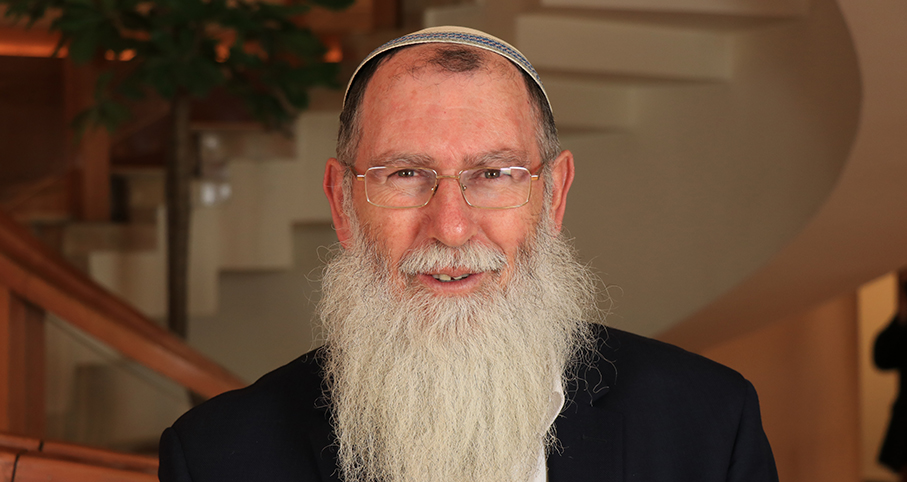Beit Midrash
- Sections
- Chemdat Yamim
- Ein Ayah
Ein Ayah: A person is influenced by his internal life, namely, his inner feelings, which impact on all his steps and his lot in life, and his external life, that which his surroundings and society impact on him. A person should not lose either of these influences on his life.
Honor is one of the emotions that is influenced by external life and is positive in the correct measure. One should not give up his basic honor. Indeed, in order to protect one’s basic dignity, it is even possible to refrain from fulfilling one of the Torah’s positive mitzvot or to actively violate a Rabbinic law.
Therefore, even one who has failed and violated a great and overwhelming sin should not lose positive exposure to society around him. Rather, he should strengthen his internal feelings to the point that his life is more focused on the internal. In this context, he should focus on contemplating his failings, striving to straighten himself out, and fixing his actions. It is a tragedy for the sinner whose path has been perverted to throw himself into the buzz of external life, for he is likely to deteriorate further and suffer from it greatly. Therefore, when the people of his city want to honor the unintentional murderer, he should reject the false honor and say, "I am a murderer," and thereby put a stress on his feeling of inner justice. He should focus on the remorse in his heart about the tragedy of loss of a life in which he was involved more than he should involve himself in a robust social life in which he is honored.
However, when they respond to him, "Despite this," he should not totally dismiss the influence of the external, and he should receive their honor. This is appropriate after he already strengthened his internal side over the external [through his sincere statement] and elevated his soul by turning to the values of goodness, justice, and wisdom. This is the attribute of justice that follows the path of Hashem, who sets the path for sinners and leads the humble in judgment. Such a carefully balanced repentance will bring a person to a high level based on love of Hashem and His paths.

Our 5 Levels of Life & Existence
Ein Aya Shabbat 5,21
Rabbi Ari Shvat | Iyar 5783

External and Internal Preparations
condensed from Ein Ayah, Shabbat 9:35- 9:36
Various Rabbis | Sivan 10 5779

"Various Levels of Bad & Their Exact Judgement"
(Ein Aya Shabbat Shabbat 5, 29)
Rabbi Ari Shvat | Tammuz 5783




















